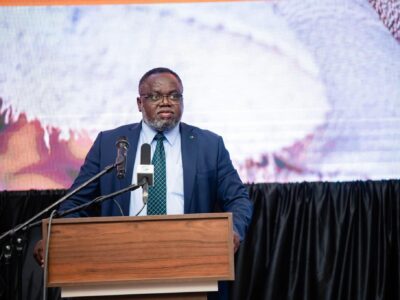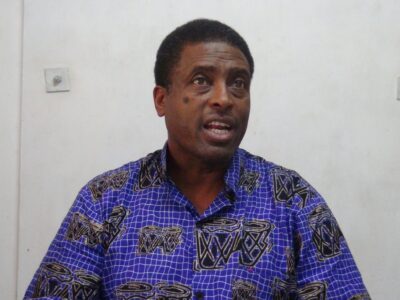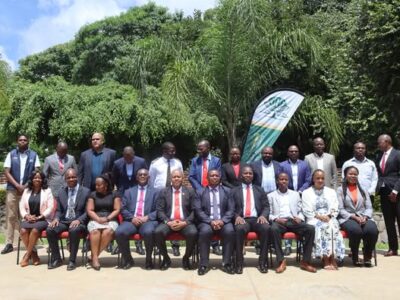Zambian authorities have revised the country’s economic growth forecast for this year, projecting a slowdown to 2.7 percent from the earlier estimate of around five percent.
The Finance and National Planning Minister, Dr Situmbeko Musokotwane, attributed this downturn to several factors, including drought and a power deficit.
Speaking at the Zambia Association of Manufacturers (ZAM) pre-budget meeting in Lusaka on Thursday, Musokotwane reassured the nation that the slowdown in economic growth and activities was temporary.
He also cited foreign exchange volatility and the adverse effects of climate change, which have led to food and energy insecurity, as contributing factors.
“The slow growth is temporary as various industries are coming up, with the government attracting expansions and investments in several economic sectors, including mining,” Musokotwane assured.
The Minister highlighted several developments expected to boost the economy, such as increasing copper production to at least 1.5 million metric tonnes by 2026, investing in more mines and creating employment opportunities.
Additionally, Musokotwane expressed optimism that the government would conclude the debt restructuring process before the end of this year.
He mentioned that bondholders had agreed to extend the debt repayment period, differing from the deal reached with official creditors.
“The government is now in talks with commercial creditors who lent money to Zambia to reach a deal that will result in a win-win situation,” he said.
Musokotwane also acknowledged that the government still owes Oil Marketing Companies between US$500 and US$800 million and had begun engaging with them.
Read More: Accountancy body lays down proposals to drive economic growth post-debt restructuring era
ZAM president, Ashu Sagar, urged the government to revisit some of the bottlenecks affecting the sector, such as delayed Value Added Tax (VAT) refunds.
“We ask the government to reconsider the manufacturing corporate income tax, currently at 30 percent. The 2025 national budget should lower the income tax for manufacturers producing for both domestic and export markets,” Sagar proposed.
He also called on the government to reduce the VAT rate from 16 percent to 14 percent to cushion the cost of goods and services and address refund accumulation, among other issues.
In her speech, ZAM Vice President Fronscen Haloba lamented that the energy crisis had negatively impacted the sector, leading to reduced production by various member companies.
“This has forced manufacturers to reduce their production capacity due to the lack of a critical input in the production process,” Haloba stated.
WARNING! All rights reserved. This material, and other digital content on this website, may not be reproduced, published, broadcast, rewritten or redistributed in whole or in part without prior express permission from ZAMBIA MONITOR.












Comments